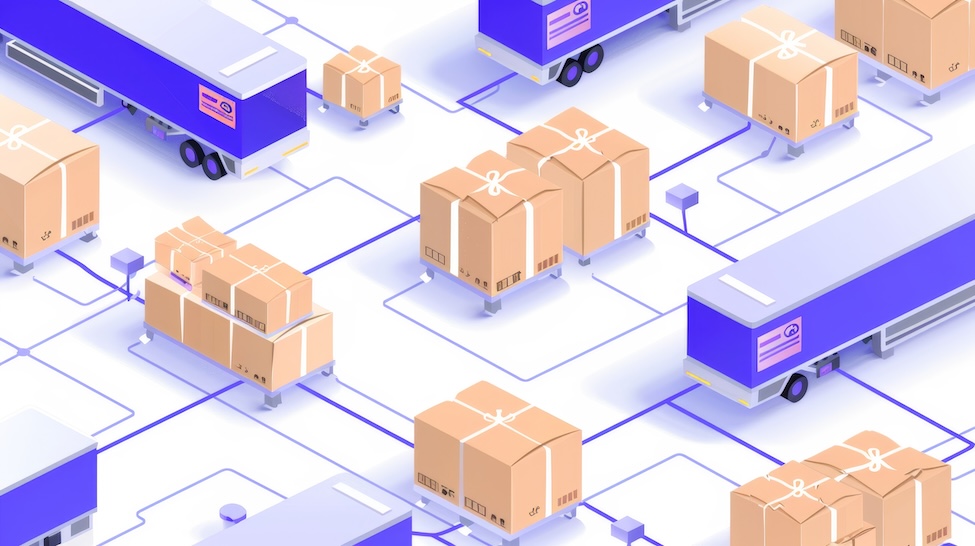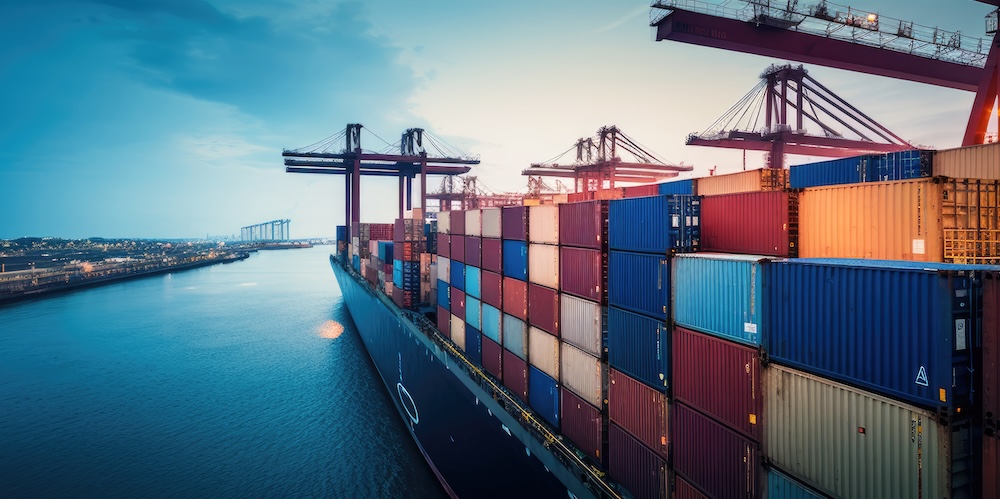What Is a Shipment Contract?

Sealing the Deal
All About Contracts for Shipping
When you work with a logistics company, you should always make sure to have an iron-clad shipment contract or destination contract. This protects you by spelling out what the carrier will do, and states who will take financial responsibility for any product lost or damaged during different points in the shipping process.
These logistics contracts are usually used when a seller isn’t the one delivering goods directly to the consumer, but when they use a third-party carrier to do so. So, it is usually between a seller, a carrier, and a buyer. Often, the contract states out that the seller is responsible for the shipment until it reaches the carrier. Once it is at the carrier, then the buyer would take responsibility for any losses.
The contract should identify both the buyer and seller, the definition and quantity of what is in the shipment, the price of the shipment to the buyer as well as how and when they will pay, the details of delivery, and who has the liability during the shipping process.

Shipment Contract vs. Destination Contract
A destination contract is similar to a shipment contract. It details what will happen during a shipment. However, these types of contracts specify that the seller has all the liability until the shipment arrives at the buyer’s destination. So the main difference is the point of time that the liability shifts from the seller to the buyer.
A destination contract might be considered better for a buyer because they have less liability. However, both contracts are commonly used.
Shipment Contract Definitions
There are many terms you may see on a shipping contract that you don’t use in everyday life. Most are abbreviations:
- FOB: Means freight on board. It refers to the time when the shipment is on board of the carrier.
- FOB place of shipment: This term is used to specify that the freight must be brought to the place of the carrier by the seller. It might be the carrier’s distribution or transportation center.
- FOB seller’s location: When you see this term on a shipping contract, it means the freight must be loaded onto the carrier at the seller’s location which could be a factory or store.
- FOB destination: This is usually only used on destination contracts. It means the liability shifts to the buyer only when the delivery reaches their destination.
- FOB buyer’s factory: Similar to FOB destination, this term means the liability shifts to the buyer only when the freight reaches their factory.
- FAS: This stands for free alongside ship. If your goods are going on a freight carrier ship, once they are delivered to the port and placed next to the ship they are going on, the liability transfers to the buyer.
- CIF: It stands for cost, insurance, and freight. It’s used to say who is responsible for these items at each point in the shipping process.
- Ex Ship: In destination contracts, this means that the buyer is responsible for unloading the ship after the liability has shifted to them.
- No arrival no sale: This term is sometimes offered to buyers on destination contracts. It means that they can cancel the shipment or receive a discount if the freight has been lost of damaged while the seller still has the liability.
Confused? We Can Help
Shipment contracts can be confusing if you’re not used to dealing with them. Let us help! We will make sure you understand any contracts related to our shipping and logistics agreements and spell out any of the terms for you. Contact us now to see how we can help!
Related Articles
General
Inbound Logistics Explained: Processes, Benefits & Best Practices

Efficiency is the cornerstone of business success in today’s competitive environment. Inbound logistics, a critical component of supply chain management, plays a pivotal role in determining a company’s operational effectiveness and overall performance. Inbound logistics encompasses the processes involved in receiving, storing, and distributing raw materials, components, or finished goods from suppliers to production facilities […]
Read MoreGeneral
Freight Shipping vs. Standard Shipping: Understanding the Difference

Freight shipping stands as a cornerstone of modern logistics, propelling the global economy forward through the efficient movement of goods. This essential component of commerce encompasses the transportation of large quantities of products, distinguishing itself from standard shipping methods in scale, complexity, and significance. Understanding freight shipping is essential for business owners aiming to optimize […]
Read More
